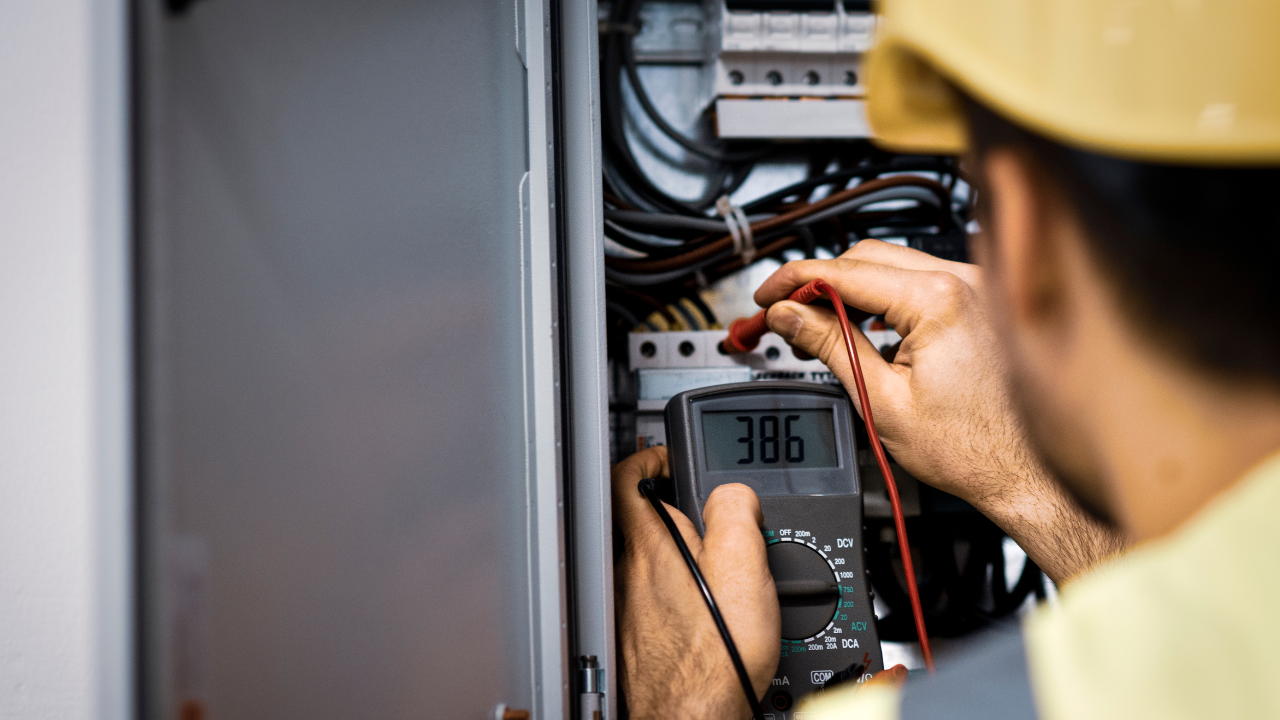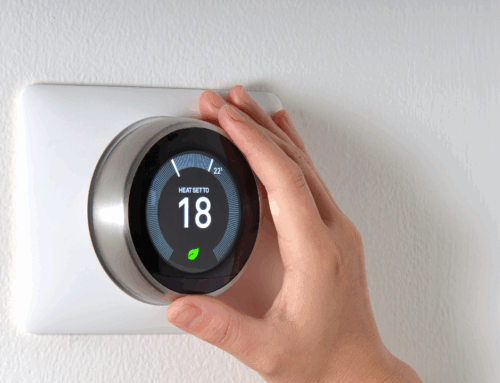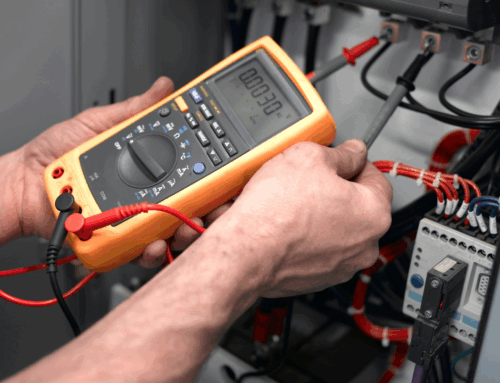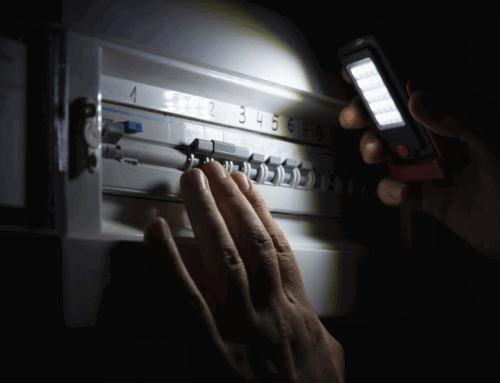In the bustling world of commerce, maintaining stringent safety standards is paramount, particularly when it comes to electrical systems. Commercial electrical safety standards are designed to protect businesses, employees, and customers from the risks associated with electrical hazards. This article provides an in-depth overview of these standards, highlighting their importance and the key regulations businesses must adhere to.
Importance of Commercial Electrical Safety
The primary objective of commercial electrical safety standards is to prevent accidents and ensure a safe working environment. Electrical hazards, such as fires, shocks, and equipment malfunctions, can result in severe injuries, fatalities, and significant property damage. By adhering to established safety standards, businesses can mitigate these risks, ensuring the safety and well-being of everyone on their premises.
Key Commercial Electrical Safety Standards
Several regulations govern commercial electrical safety. Understanding and complying with these standards is crucial for any business.
The Electricity at Work Regulations 1989
In the UK, the Electricity at Work Regulations 1989 is a cornerstone of electrical safety in commercial settings. These regulations require employers to ensure that all electrical systems are constructed, maintained, and operated in a manner that prevents danger. Key provisions include:
– Maintenance: Regular maintenance and inspections of electrical systems to identify and rectify potential hazards.
– Competence: Ensuring that only qualified and competent personnel handle electrical installations and repairs.
– Risk Assessment: Conducting thorough risk assessments to identify and mitigate electrical hazards.
BS 7671: The IET Wiring Regulations
The BS 7671, also known as the IET Wiring Regulations, provides comprehensive guidelines for the design, installation, and maintenance of electrical systems in the UK. Adherence to these regulations is crucial for ensuring commercial electrical safety. Key aspects include:
– Design and Installation: Ensuring that electrical installations are designed and installed according to safety standards to prevent hazards.
– Inspection and Testing: Regular inspection and testing of electrical systems to ensure ongoing safety and compliance.
– Documentation: Maintaining detailed records of electrical installations, inspections, and maintenance activities.
Health and Safety at Work Act 1974
The Health and Safety at Work Act 1974 imposes a general duty on employers to ensure the health, safety, and welfare of their employees. This includes taking necessary precautions to prevent electrical hazards. Key elements related to commercial electrical safety include:
– Safe Systems of Work: Implementing safe working practices and procedures to manage electrical risks.
– Training and Supervision: Providing adequate training and supervision to employees who work with or around electrical systems.
– Emergency Procedures: Establishing and maintaining emergency procedures to deal with electrical incidents effectively.
Best Practices for Ensuring Commercial Electrical Safety
In addition to complying with regulatory standards, businesses should adopt best practices to enhance commercial electrical safety. These include:
– Regular Inspections: Conducting regular inspections and maintenance of electrical systems to identify and address potential hazards.
– Use of Quality Equipment: Ensuring that all electrical equipment and components meet safety standards and are suitable for their intended use.
– Employee Training: Providing ongoing training to employees on electrical safety practices and emergency procedures.
– Clear Signage: Displaying clear signage to warn of electrical hazards and to guide safe practices.
– Emergency Preparedness: Having a well-defined emergency response plan to handle electrical incidents promptly and effectively.
Commercial electrical safety is a critical aspect of maintaining a safe and productive business environment. By understanding and adhering to key safety standards such as the Electricity at Work Regulations 1989, the IET Wiring Regulations, and the Health and Safety at Work Act 1974, businesses can mitigate electrical risks and ensure the well-being of their employees and customers. Implementing best practices further enhances safety, fostering a culture of vigilance and preparedness. Prioritising commercial electrical safety not only protects lives and property but also reinforces a business’s commitment to operational excellence and regulatory compliance – contact us if you require any commercial electrical work.







Leave A Comment